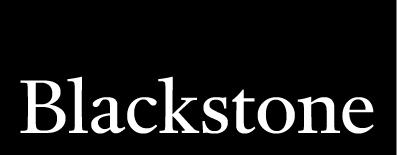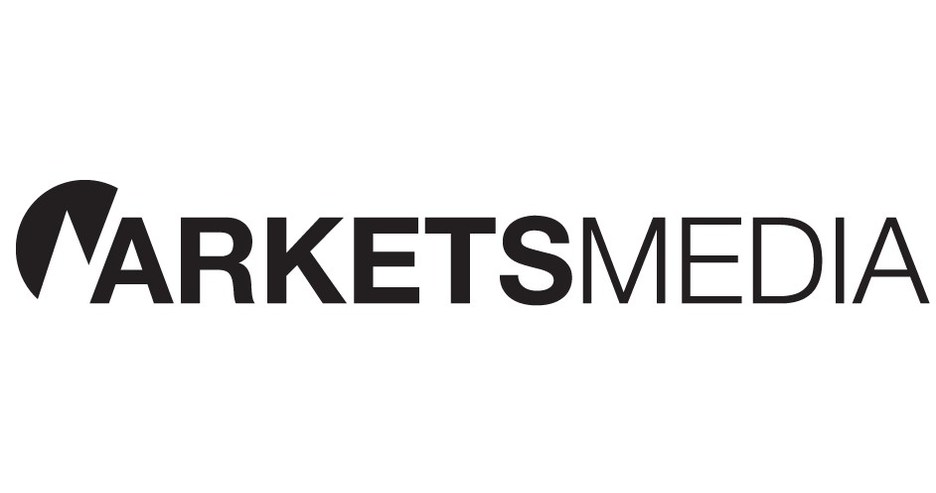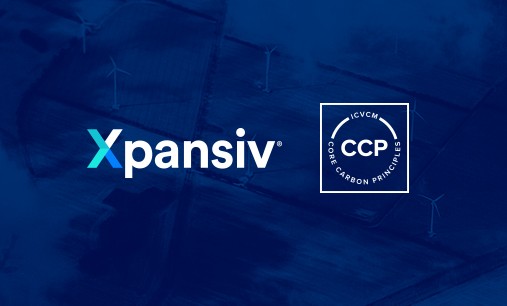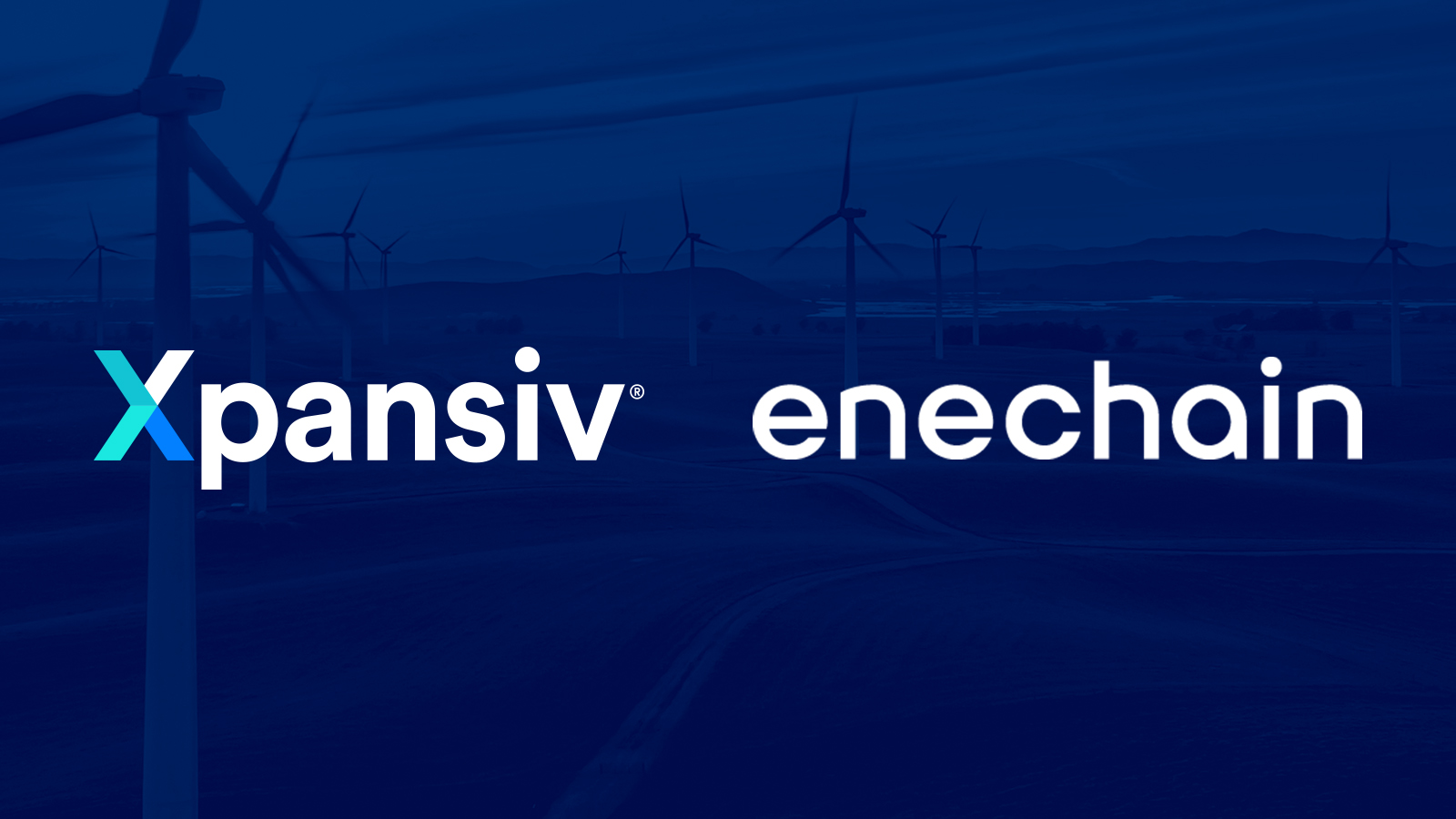Press

Q: It’s been almost two years since Xpansiv completed its first Digital Natural Gas (DNG) transaction through the Xpansiv Registry. How is this breakthrough aiding the oil and gas sector in reducing methane emissions and playing a bigger role in the energy transition?

Amy Bann, senior vice-president for supply and ecosystem at Xpansiv, a global marketplace for environmental commodities, said that the CCPs are “an important effort to bring greater clarity and standardisation to the voluntary carbon markets”.
When asked what challenges remain for the VCM, Bann said that there are “macroeconomic headwinds beyond carbon markets that are impacting the VCM, along with in-sector factors including a perception of a fragmented landscape”.
“Nonetheless, our data is signalling positive, longer-term indicators: market participants continue to increase; futures and open interests are strong; and corporate ESG targets remain steady,” she added.

Blackstone sees an opportunity to invest in economically attractive businesses and technologies that support the energy transition and enable carbon markets via our investment in Xpansiv, as part of our goal to continue to drive value for investors.

Carbon-smart organizations integrate emissions-related data and information into operational and financial decision-making. A carbon intelligent business develops and deploys a series of capabilities that allow it to identify, prioritize, execute and scale decarbonization interventions across its supply chains, operations or products and services, in an effective and efficient manner.
Those companies that can make decisions on carbon performance in the same way they do for financial and operational matters will be in a much stronger position to demonstrate how and why their actions generate value for shareholders and stakeholders.
For example, S&P Global Platts and Xpansiv launched a new benchmark for methane performance in natural gas production in the United States. Methane Performance Certificates (MPCs) allow a U.S. producer to differentiate and accurately price cleanly produced, or responsibly sourced natural gas. The production and transportation of natural gas can emit large volumes of methane — a substantially more potent greenhouse gas than carbon dioxide. MPCs provide a tradable instrument for achieving a lower intensity, unlocking the market value of reducing the impact of gas production. We are already seeing this concept extend to other energy and materials commodities as well, from steel to hydrogen.

Xpansiv, the premier market-infrastructure platform for environmental commodities, announced first trades of the Sustainable Development Global Emissions Offset™ (SD-GEO™) on Xpansiv market CBL. Participants supporting the contract include South Pole, BMO, Carbon Growth Partners, Hartree Partners, EKI Energy Services Limited, and ICAP Energy LTD. First day volume totaled 210,000 mtCO2e, an all-time high for a product launch, with prices ranging between $10.50 and $11.00.
“The launch and first trade of the SD-GEO demonstrate the ability of the voluntary carbon market to advance both climate mitigation and sustainable development at the same time,” said Verra CEO David Antonioli. “Verra is committed to supporting the market by ensuring the quality and integrity of the units it issues and ensuring that projects generating sustainable development benefits can showcase those impacts.”

Several companies traded Xpansiv CBL’s new standardised contract for cookstove offsets on its launch day on Monday, with units representing some 210,000 tonnes of CO2e changing hands. Large project developers such as South Pole and EKI Energy Services, as well as investors such as Carbon Growth Partners, Hartree Partners and BMO, a US bank, and the intermediary ICAP Energy traded the Sustainable Development Global Emissions Offset (SD-GEO), with prices ranging from $10.50 to $11.
“Clean cookstoves not only mitigate emissions, but they also bring improvements to the developing world—a global mandate on the heels of COP27,” said Russell Karas, Xpansiv’s head of carbon market development.











